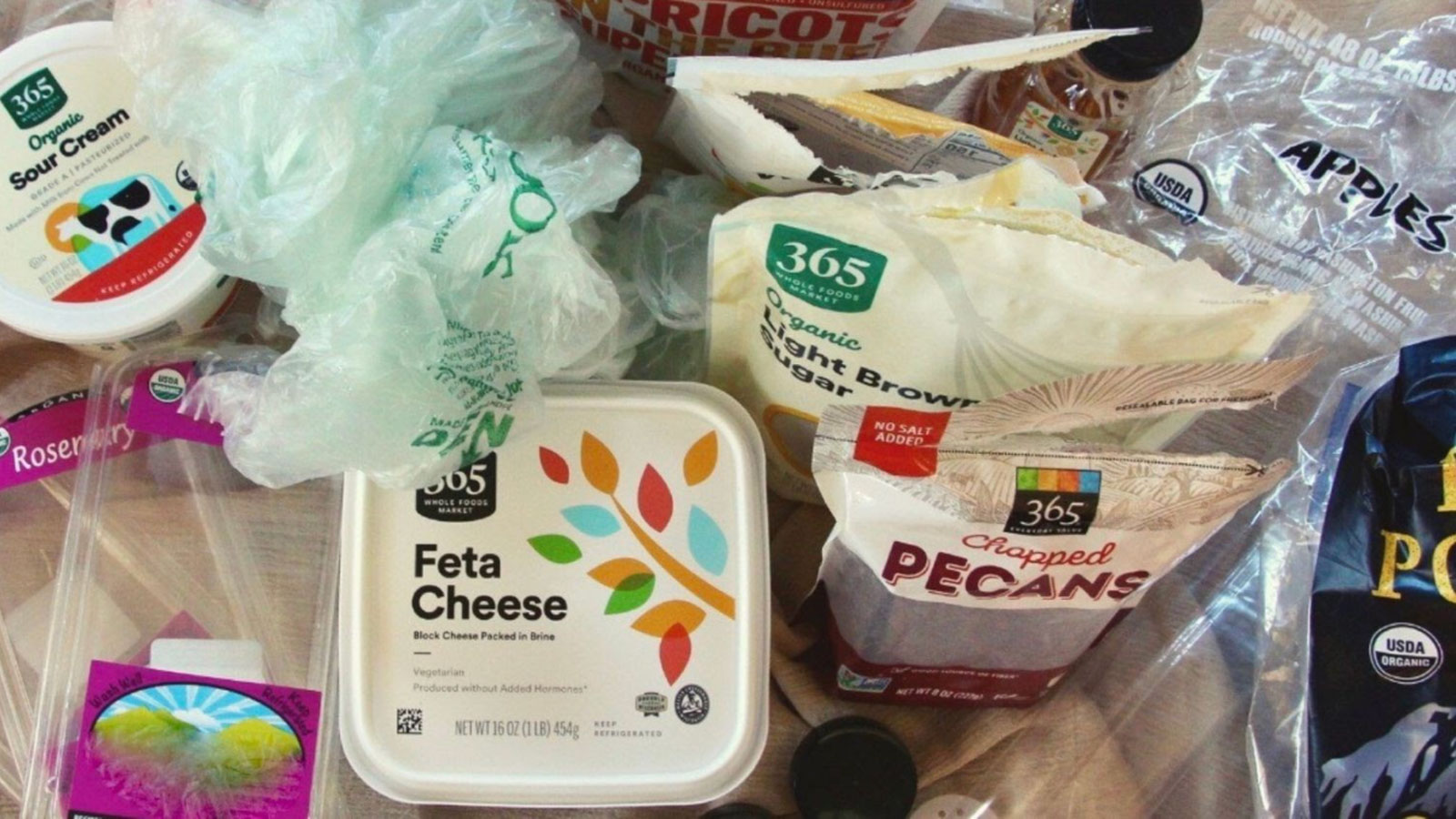
The Whole Foods Plastic Problem
Whole Foods can do more and do better to reduce single-use plastic packaging.
Whole Foods can do more and do better to reduce single-use plastic packaging.
Report ●
Polluters poured nearly 200 million pounds of toxic substances into U.S. waterways in 2020. We must strengthen Clean Water Act protections and reduce toxics use.
Report ●
Methane gas (often known as natural gas) has heated the homes of many Americans for over a century — and for over a century, it has been prone to leaks, putting communities and the environment in danger. With growing awareness of the impact of methane leaks on the climate, and with growing availability of safer alternatives, it is clear that gas has no place in a modern clean energy network.
Report ●
Report ●
Methane gas (often known as natural gas) has heated the homes of many Americans for over a century — and for over a century, it has been prone to leaks, putting communities and the environment in danger.
Report ●
On behalf of our 56 organizations, we are writing to you to urge you to eliminate single-use plastic packaging from Whole Foods stores in the North Atlantic Region.
Report ●
A guide with everything you need to know when considering switching from gas cooking to induction.
Report ●
Solar power continues to expand rapidly. The United States now has 121.4 gigawatts (GW) of solar photovoltaic (PV) capacity, producing enough solar energy to power more than 23 million homes. Millions of Americans have invested in solar energy and millions more are ready to join them. America’s major cities have played a key role in the clean energy revolution and stand to reap tremendous benefits from solar energy. Our eighth survey of solar energy in America’s biggest cities finds that the amount of solar power installed in just nine U.S. cities exceeds the amount installed in the entire United States 10 years ago.
Report ●
